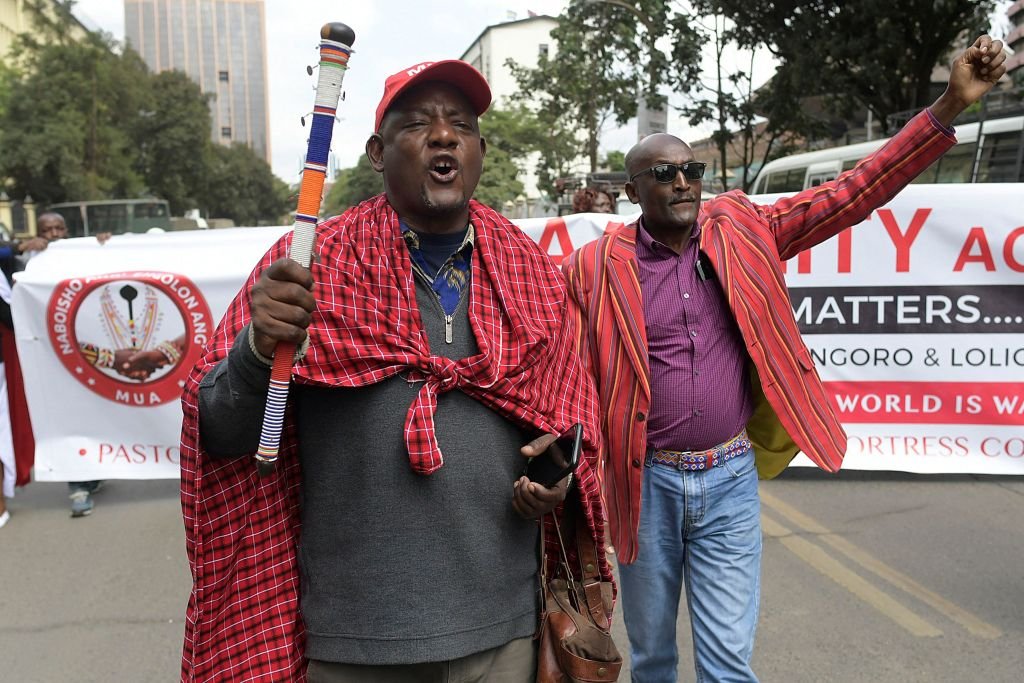
General update
On 3rd October 2022, Tanzanian President Samia Suluhu Hassan dismissed Foreign Affairs Minister Liberate Mulamula and announced her replacement for unspecified reasons.
On 21st October 2022, the Tanzanian government-backed taskforce granted some of the opposition's requests, namely to set up an independent electoral body, but rejected the idea of drafting a new constitution. Prior to the 2025 general elections, the taskforce also supports lifting a ban on political rallies. The panel cautioned, however, that a full constitutional reform, which is a top priority for the opposition, is likely to take a long time.
On 14th November 2022, Tanzania’s High Court dismissed a citizen’s constitutional petition challenging certain elements of the Government Proceedings Act, which pertains to the implementation of court judgments involving the government. The petitioner challenged the law’s requirement that a person seeking a decree against the government first obtain a certification from the Registrar of the High Court on the decretal amount to be paid before executing the court orders, a requirement that hinders execution of orders against the government. The Court held that in the public interest, the government was exempt from the general rule of execution, due to the nature of the government as the custodian of government properties. According to the court, this is necessary to shield the government from execution of decrees which would paralyze the entire government machinery. This judgment is likely to retain the substantial impediments faced by victims of human rights violations, who seek and receive legal redress from courts against government institutions but find no recourse in executing or implementing the orders to achieve remedy.
Peaceful Assembly
On 17th November 2022, the District Court of Ngorongoro dismissed nine cases against 62 Maasai residents of Loliondo in Ngorongoro district after the prosecution failed to prove the case beyond a reasonable doubt. As previously documented, the Maasai community in Ngorongoro district have been protesting the government’s intention to evict them from the Ngorongoro Conservation Area (NCA) and Loliondo to make way for trophy hunting and elite tourists. In June and July 2022, dozens of residents were arrested during protests against demarcation exercises that were being undertaken in the area. During one of the protests, held on 10th June 2022, an arrow was allegedly shot at a police officer while he was attempting to demarcate land, leading to the arrest and prosecution of 25 Maasai residents for murder following the officer’s death. On 25th November 2022, the pastoralists charged with murder were also released after prosecutors dropped the charges against them.
Tanzanian President Samia Suluhu Hassan has today lifted the ban on political rallies and meetings- which had been put in place by her predecessor, John Magufuli. pic.twitter.com/VHW1yO70sM
— Samira Sawlani (@samirasawlani) January 3, 2023
Association
In early January 2023, during a meeting with leaders of political parties, president Samia Suluhu lifted a six-year-old ban on political rallies. Speaking at the meeting, president Suluhu emphasised her intentions to unite the country including through ensuring an enabling environment for criticism of government by the opposition, and affirmed her commitment to spearheading electoral reforms in the country. The lifting of the ban comes six years after it was imposed by president Suluhu’s predecessor, John Maghufuli, shortly after he took office as president.
Homophobia is a serious regional problem in East Africa!
— Justice Hunter 🇺🇬🇺🇸 (@HillaryTaylorVI) April 12, 2023
MPs in Tanzania have also jumped on the bandwagon of despot Museveni to demand for draconian laws criminalizing same-sex relationships!
U.S. evangelicals are building extreme anti-gay movements in Africa ! #LoveIsLove pic.twitter.com/DwhyhjQHGD
In separate developments, during mid-April 2023 discussions that cited Uganda’s anti-LGBTQI+ draft law, MPs began mulling over tougher anti-LGBTQI+ legislation to impose harsher sentences in a bid to ‘promote African values’. Although the Criminal Code already prohibits same-sex conduct, which is punishable by up to life imprisonment, the MPs argued that the law was insufficient, instead proposing that a maximum death sentence be given to those found guilty.